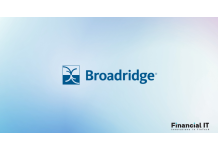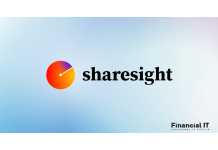Broadridge and Xceptor Partner to Transform Global Tax...
- 19.11.2025 09:15 am
Monzo Simplifies Making Tax Digital with Built-In Tax...
- 14.10.2025 09:05 am
Sovos Partners With Epicor to Deliver AI-Powered Tax...
- 08.09.2025 10:35 am
Wolters Kluwer Launches Capego Practice Management - A...
- 01.09.2025 10:45 am
Ledgible and BitGo Partner to Empower Institutional...
- 08.08.2025 02:10 pm
Taxbit Partners With Mural Pay to Unlock Stablecoin...
- 07.08.2025 06:25 pm
FreeAgent Launches CIS for Contractors to Simplify...
- 06.08.2025 10:45 am
Halcyon Announces Integration With Finastra to...
- 30.07.2025 01:15 pm
Conferma Partners With Fintua To Unlock Extra Revenue...
- 27.06.2025 10:25 am
Sovos Partners with Shopify to Automate Sales Tax...
- 11.06.2025 02:45 am
Sharesight’s Automated Portfolio Tracker Saves...
- 11.04.2025 05:55 pm
Iwoca SME Expert Index: Cutting Taxes Is Key to SME...
- 20.02.2025 02:25 pm






















